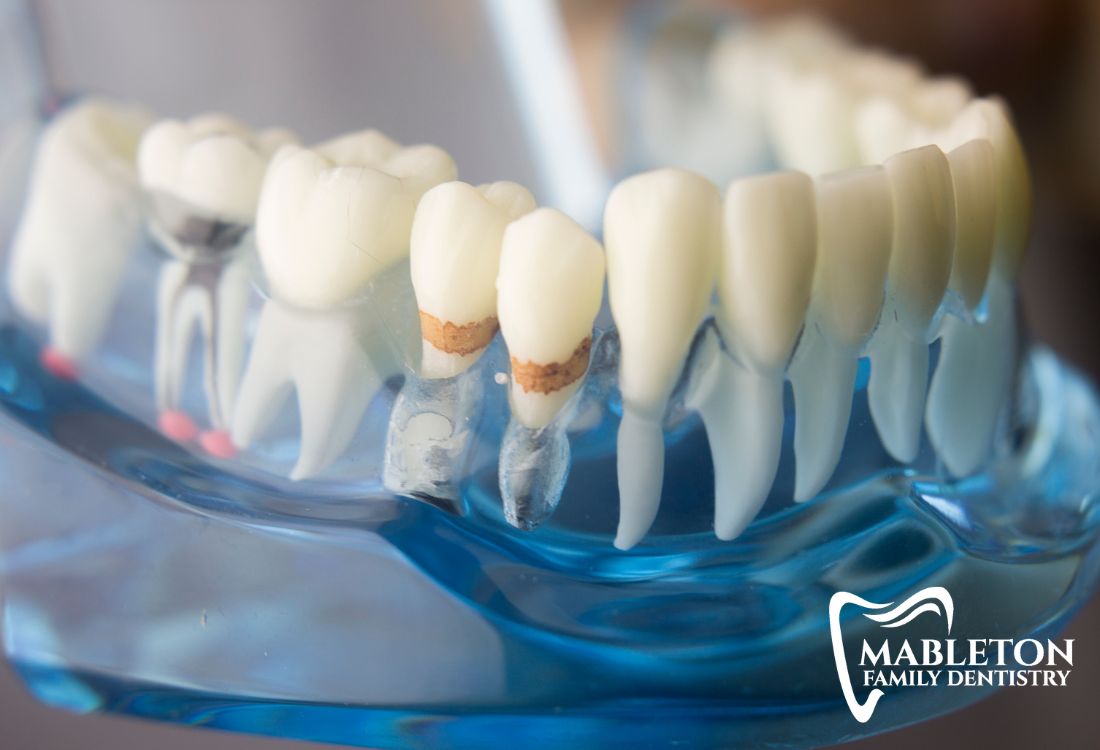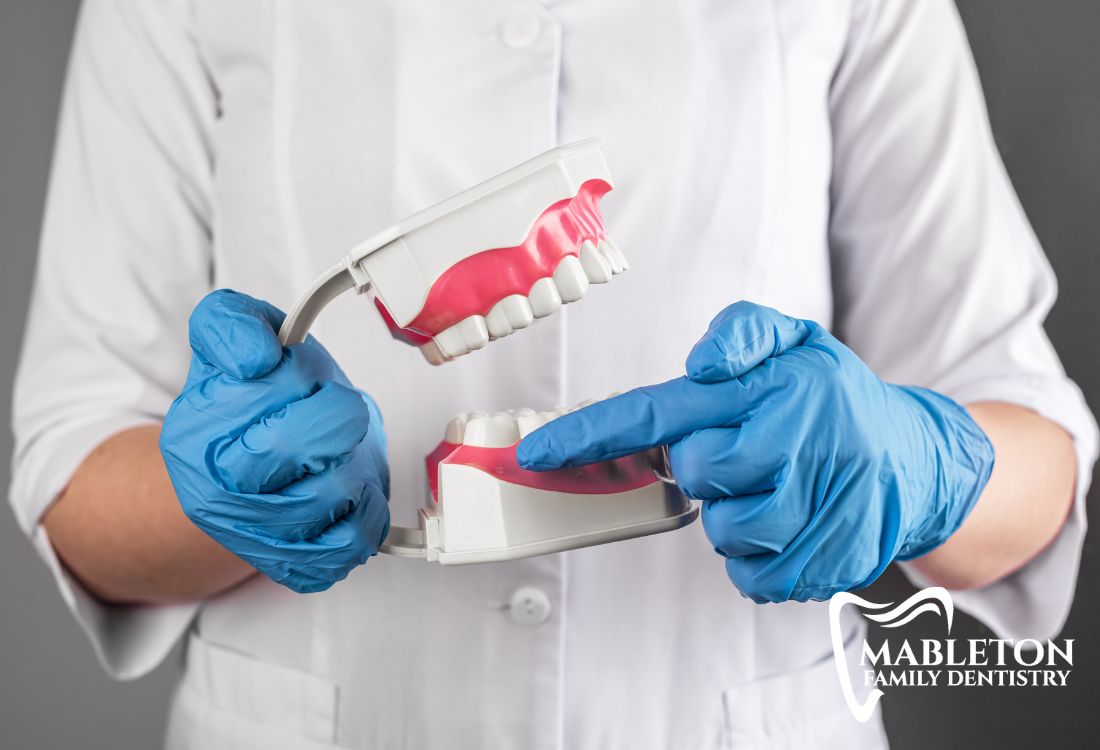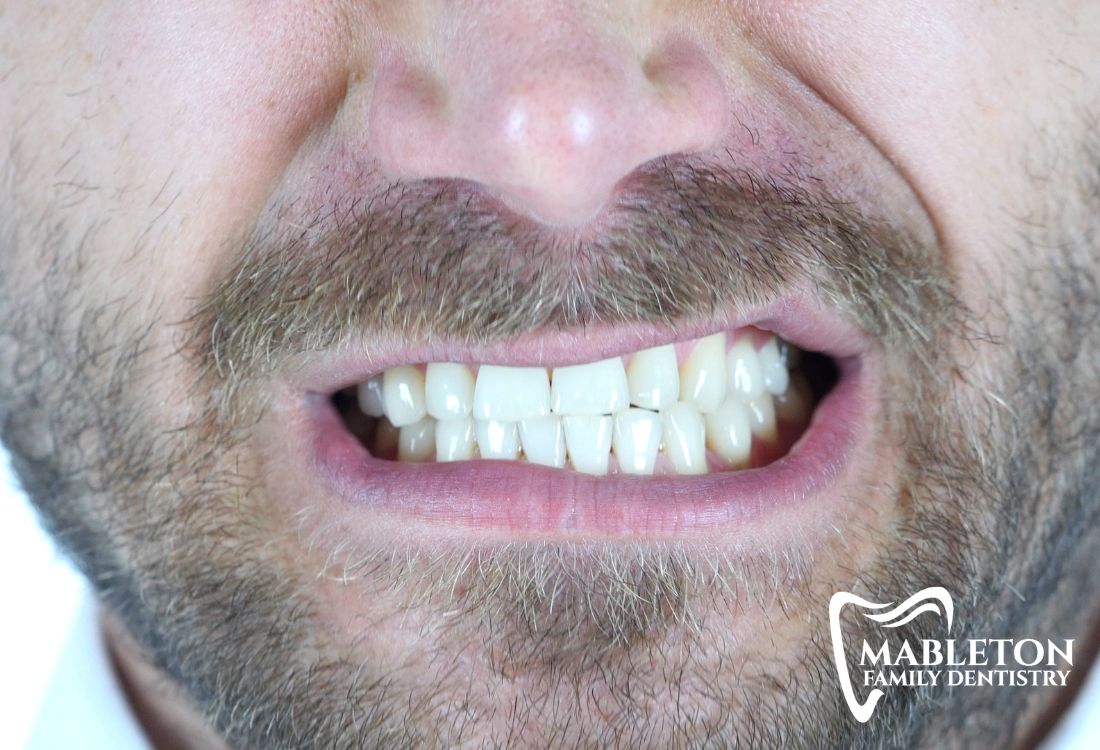Why You May Need A Dental Crown – Understanding its Benefits and Importance
A dental crown, also known as a tooth cap, is a dental prosthetic that covers the tooth’s visible portion above the gum line. It is a necessary dental procedure for many reasons, ranging from aesthetics to dental functional issues. Mableton, GA residents grasp dental crown importance but may be uncertain about their personal need. At Mableton Family Dentistry, we would like to help explain dental crowns and when you may need them.
Tooth Decay or Damage
The most common reason for needing a dental crown is extensive tooth decay or damage. In such instances, fillings might fall short in restoring the tooth, necessitating a crown. To treat the tooth decay or damage, your dentist in Mableton GA will remove the affected area, shape the tooth, and fit it with a crown. The crown will work as a new layer of the tooth and protect it from further damage.
Cosmetic Improvement
Dental crowns can also improve the appearance of teeth. Crowns can be used to hide misshapen, discolored, or crooked teeth. Choosing a crown that matches your teeth in color and shape can greatly improve your smile’s appearance.
Root Canal Treatment
After a root canal, a dental crown can safeguard the weakened tooth and prevent additional decay. During a root canal, the dentist removes infected pulp tissue from inside the tooth, leaving it hollow from the inside. A crown is then fitted over the top of the tooth to protect it from breaking.
Tooth Fracture
If you have a tooth that is severely cracked or fractured, a dental crown may be necessary. A fractured or cracked tooth can lead to infection and decay. A dental crown will act as a structure to hold the tooth together, promote healing, and restore its function.
Tooth Replacement
If you’re missing a tooth due to extraction or trauma, a dental implant can provide a permanent tooth replacement solution. A crown can then be placed on top of the implant, which will serve as a replacement tooth. A crown attached to an implant restores dental function and enhances your smile.
Contact Us Today!
Dental crowns have far-reaching benefits for both dental function and aesthetics. Mableton Family Dentistry focuses on quality procedures for lasting solutions and enhancing your smile. If you have a dental problem that you think might benefit from a dental crown, schedule an appointment with us today. To learn more or speak with a dental professional, contact us.








